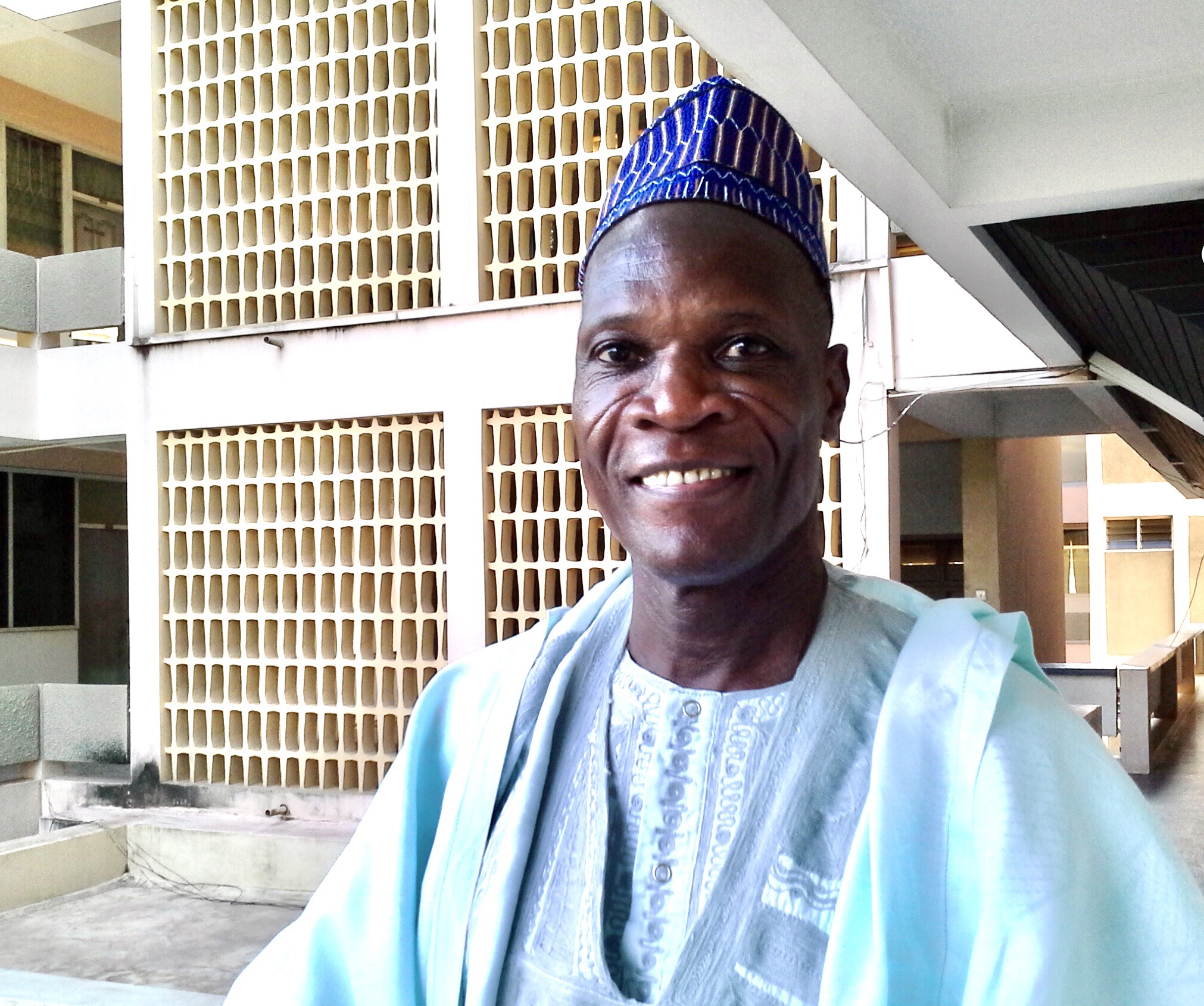
Executive Secretary, Caritas Ghana
Szanakologo@gmail.com || +233 24 431 8807
General Background
It is said that the average Ghanaian likes power too much! If this opening statement stokes too much controversy, then I shall amend as follows: The average Ghanaian likes leadership position and will stop at nothing to attain it!
In any case, this assertion is not far-fetched. Look back at your own local communities and recall the needless vicious contestations for Skins or Stools, sometimes characterized by blood-bath. Even the formative years of leadership at University campuses, political processes to choose leaders of Student Representative Council, end up drawing battle lines based on ethnicity and other banal considerations just to win. Wait a minute! Ecclesial and other faith communities are not left out in this brazen craving for power. When a vacancy occurs in the Church (Catholic, Pentecostal, Protestant, Charismatic etc.) and appointment or election is pending, it is the time to hear about other forms of violence of invectives, vilifications and sabotages against individuals. The Muslim community is no exception, no matter how hard we try to keep these issues under the carpet.
Electoral Violence
Electoral violence perpetuated by members of opposing Political Parties or by some coopted or hired agents associated with thuggery, banditry and uncouth behavior, is all part of this bigger issue of ambition and lust for power. The motivation is probably to gain access to be able to loot and carry away so-called political booty for personal aggrandizement. I consider and posit that a sheer craving for leadership to serve humanity would never warrant the kind of violence and vendetta being witnessed in our society today.
Dealing with Electoral Violence
From the foregoing discourse, I want to suggest that dealing with electoral violence call for an antidote to this psychological malady about power and leadership that has so terribly diseased our minds, hearts and attitudes. We need a new cultural orientation, especially in the family and at school, that emphasizes loftier values and etiquette. We also need to imbibe a faith conviction that is not about Church and Mosque going, verbosity of prayer and incantations; but a practical faith in action in the social milieu.
The situation of electoral violence is further bolstered by a cadre of unemployed youth and sometimes intentional loafers who become prey for recruitment by selfish-seeking individuals. If government cannot create jobs or facilitate creation of jobs by the private sector for idle youth, it can at least keep them much longer in school and other skills training centers where their basic needs are catered for. Prolonged schooling or training of a nation’s youth cadre is a very strategic investment which has long term benefits to the individual, family and the nation at large. In the short term, it can also reduce societal vices such as youth violence.
I am not unaware about the criminal justice road pursued in Ghana through the Vigilantism and Related Offences Act of 2019 (Act 999). The National Peace Council has even buttressed this by drawing up a Charter of Behavior for key actors of the political process towards elections. Yet, both actual and signs of electoral violence continue to stare us in the face or are looming in the horizon. We can insist that criminal breaches must be dealt with as such, according to law but what about a charter ascribed to by mere goodwill?
For the 2020 General Elections, Caritas Ghana is facilitating an interfaith effort on the menace of VIGILANTISM, though outlawed, remain a veiled force of threat to peace. The interfaith initiative; Educating, Training and Healing Individuals, Communities and Society (ETHICS) against VIGILANTISM in Ghana’s elections is perhaps a model to be considered and replicated. The Marshallan Relief and Development Services (MAREDES), Federation of Muslim Women’s Associations in Ghana (FOMWAG) and the Office of the National Chief Imam are active players in this effort. The other participating Faith Based Organizations are the Christian Council of Ghana, Ghana Pentecostal and Charismatic Council, Ghana Catholic Bishops’ Conference through their National Catholic Secretariat and the Ahmadiyya Muslim Mission in Ghana. Thanks to STAR Ghana Foundation’s funding support, the initiative is addressing potential electoral violence through moral persuasion of youthpby respectable Religious Leaders from diverse faith groups and providing cash-for-work for those who want to engage in decent work.





